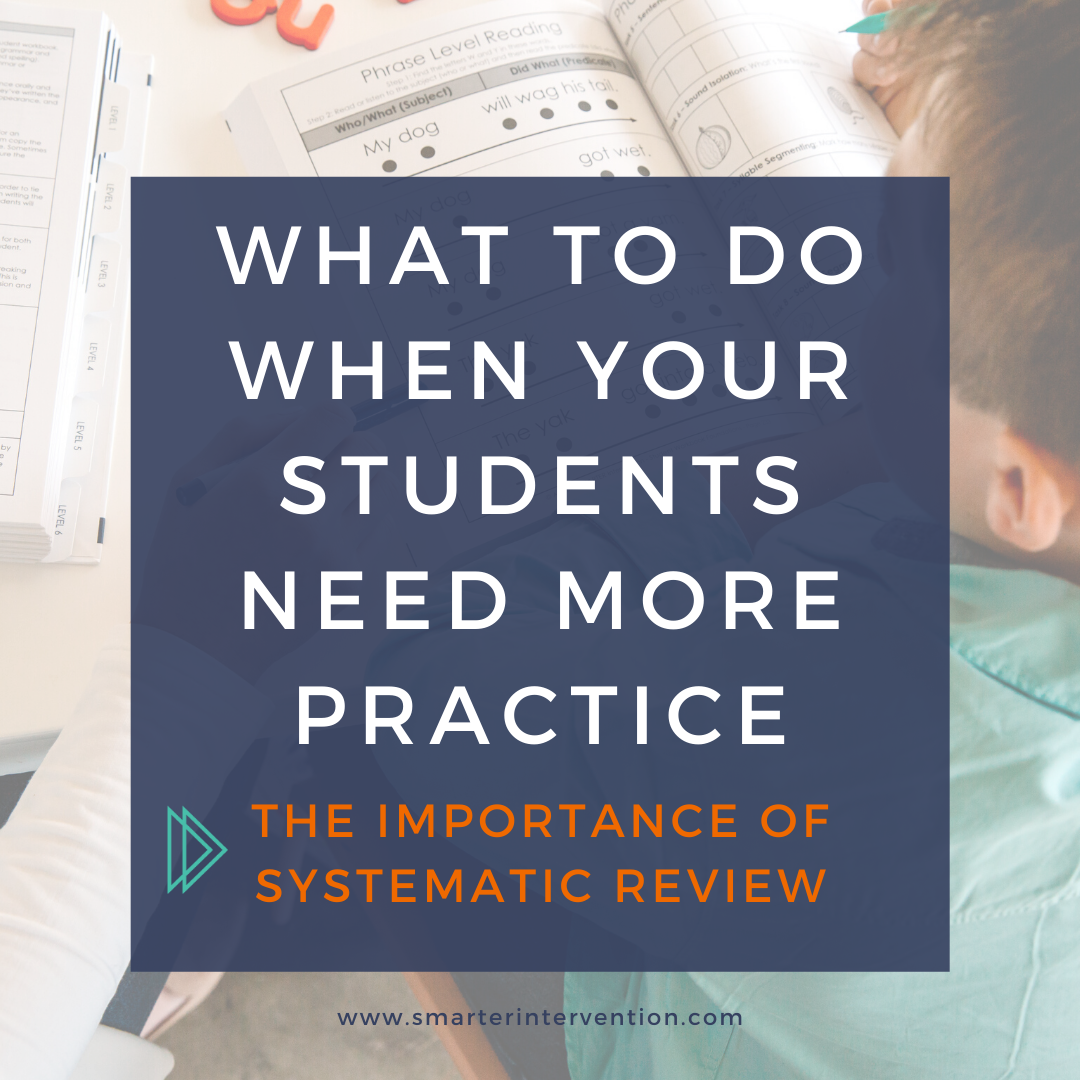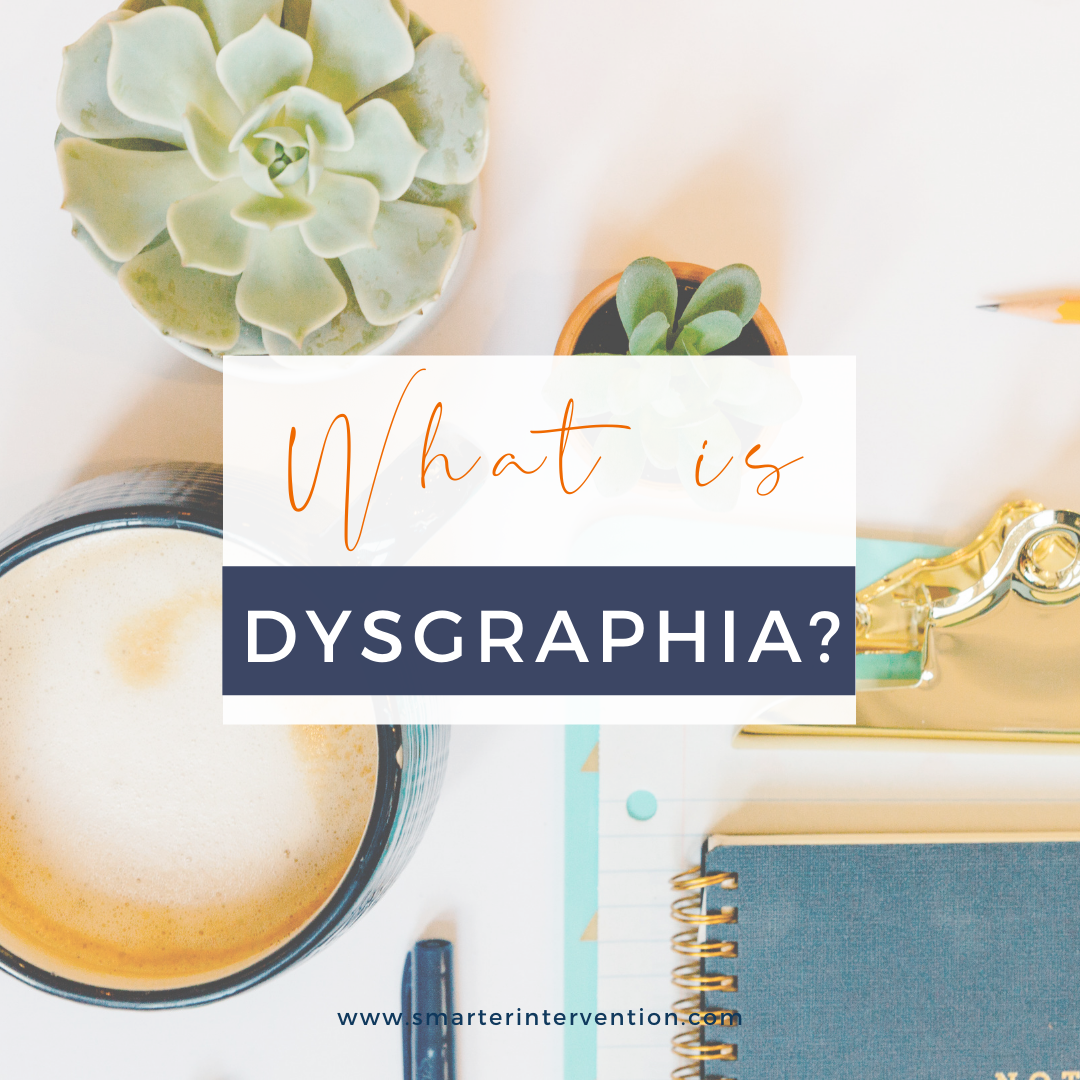Science-based literacy resources and articles
for families, educators and schools
Search by Category:
Categories
- Advocacy
- Business
- Comprehension
- Data Tracking
- Differentiation
- Dyslexia
- Evaluation and Assessment
- Executive Functioning
- Games & Activities
- Helping My Child At Home
- IEP/504 Plan
- Lesson Planning
- Math
- Online Intervention
- Organization
- Parents
- Phonics
- Phonological Awareness
- Reading Fluency
- Research
- SLP
- Spelling
- Vocabulary
- Writing
How To Use Your Students’ Interests to Improve Their Literacy Skills
Raise your hand if you've ever been told that your literacy instruction is boring. 🙋♀️ If you're raising your hand - you're definitely not alone.
It can be difficult to teach these skills to students in a way that feels engaging and exciting because let's face it - the skills that we have to teach aren't very exciting. Luckily, there is a solution.
By putting lessons together in a way that focuses on students' interests, you can absolutely change the game in your literacy instruction. Keep reading to learn our step-by-step process for putting these lessons together.
How to Use 1 Reading Activity to Target 5 Literacy Skills
There are so many different factors that play into learning to read and write effectively. It can often feel overwhelming because it seems like we need to hit on all of these skills separately and hope that it all comes together! This isn’t the case. With just one activity, you can hit on multiple skills and help your students grow!
How Do I Fit It All In? Organizing Your Literacy Block to Align with the Science of Reading
Following the Science of Reading requires many lesson components we should be including in our literacy instruction.
Between explicitly teaching the 5 Core Components of Literacy, targeting student needs, tracking data, and pulling review activities - it can definitely feel like a lot!
But here’s the thing, research-based instruction that aligns with the Science of Reading does not have to be hard. All you need is a clear framework you can use to plan your lessons in alignment with research-based principles so that you know you are covering everything you need without it feeling super overwhelming!
How to Build Fluency & Comprehension at the Passage Level
When working with students, our end goal is always that they can functionally read and write. A big part of this is the ability to read at the passage level and derive meaning from the text.
Luckily - building fluency and comprehension at the passage level doesn’t have to be hard. Keep reading to learn how you can incorporate this instruction into your reading lessons!
How to Build Fluency & Comprehension with Sentence Reading
There are a lot of misconceptions when it comes to reading fluency and comprehension, including the fact that it is difficult to support, means that students need to be reading faster, and is reserved for when they can read at the passage level. Today - we are breaking down these misconceptions and discussing how you can use sentence-reading to help build your students’ fluency & comprehension skills!
How to Fit Vocabulary in to Your Reading & Writing Lessons
Vocabulary instruction is necessary in order for phonics to matter. Keep reading to learn how you can easily & effectively incorporate vocabulary instruction into your reading & writing lessons.
How to Get the Most Out of Your Literacy Lessons
Have you ever thought to yourself - “How in the world am I EVER going to fit everything into my lessons?!” or maybe, “How can I better support my students?”
We certainly have!
The great news - we can actually make our interventions lessons MORE effective WITHOUT adding a ton of additional time. Keep reading to learn how!
How To Explicitly Teach Phonics Rules
It’s no secret that research tells us we need to teach rules explicitly - but what exactly does that mean?
Today, we are going to break down exactly what “teaching rules explicitly” means as well as walk you through how you can use this approach in your lessons!
What To Do When Your Students Need More Practice: The Importance of Systematic Review
Have you ever looked through your students’ lesson data and thought - “gosh, they just aren’t getting this?”
We’ve all been there. Today - we are going to break down what you can do when students need more practice and the importance of systematically reviewing previously learned concepts.
How to Teach Paragraph Writing using a Research-Based Approach
Paragraph writing can feel like a BIG skill - both to teach & to learn! That’s why today, we are breaking down how we can use a research-based framework to make paragraph writing & paragraph writing instruction easier! There’s even a free resource further down for you to use in your paragraph writing instruction!
How to Teach Sentence Level Writing using a Research-Based Approach
Discover the key steps to teaching sentence-level writing effectively! Explore the research-based approach, systematic instruction, multisensory techniques, and targeted differentiation for enhanced learning outcomes. Elevate your students' writing skills effortlessly!
How to Teach Writing in Your Literacy Intervention Lessons
One of the most common questions we get is “how do I teach writing?”
In EVERY lesson that we teach students, we work through the 5-Core Components of Literacy for reading and then go back through each of them for writing. Keep reading to learn the actual strategies we use to seamlessly weave explicit, systematic writing instruction into our lessons.
All About Graphic Organizers
Graphic organizers are visual displays and incredible tools to help your students with writing and comprehension. Graphic organizers can also be called mind maps, concept maps, or concept webs, but they all have the same wonderful purpose - to solidify comprehension. Graphic organizers explicitly teach students how to connect and organize information. They visually show what information to prioritize as well as help students with brainstorming and connecting any background information.
How to Teach Writing Systematically
The problem for many of our students is that they don’t know how to format paragraphs or more complex written pieces effectively. So just like we do with all other aspects of literacy, we put together a framework for students to follow.
What is Dysgraphia?
Dysgraphia is another term that is used synonymously with Disorder of Written Expression.
Basically, it can be used to describe a student or adult who struggles producing written content for a number of specific reasons.
When we consider dysgraphia, we have to think about all the requirements of writing. Writing is an incredibly complex task that requires multiple connections in the brain to come together quickly.
How to Stop Letter Reversals
We all know that this can be such a sticking point for our dyslexic kiddos. It's important to note that many students display difficulty with b/d until the end of second grade or about the age of 8. By the time a child is 8 years old the dreaded b/d reversal should be pretty much gone.
How to Support Your Students with Writing
Writing can be one of the most difficult skills for students to master.
Especially students who struggle with reading such as students with dyslexia or other language-based learning disabilities like dysgraphia.
Read on for some of our favorite tips to supporting students in writing!
Using an Anchor to Help Your Students Cement What They Are Learning
If you have been keeping up with our blogs, you will know that all this month we are talking about ways we can help cement strategies for our students who just aren't getting it. If you are new to our blog, welcome! You can catch up on our last two posts here: 3 Ways to Generalize Skills Learned in Isolation and Is it Just My Kids, Or...



















